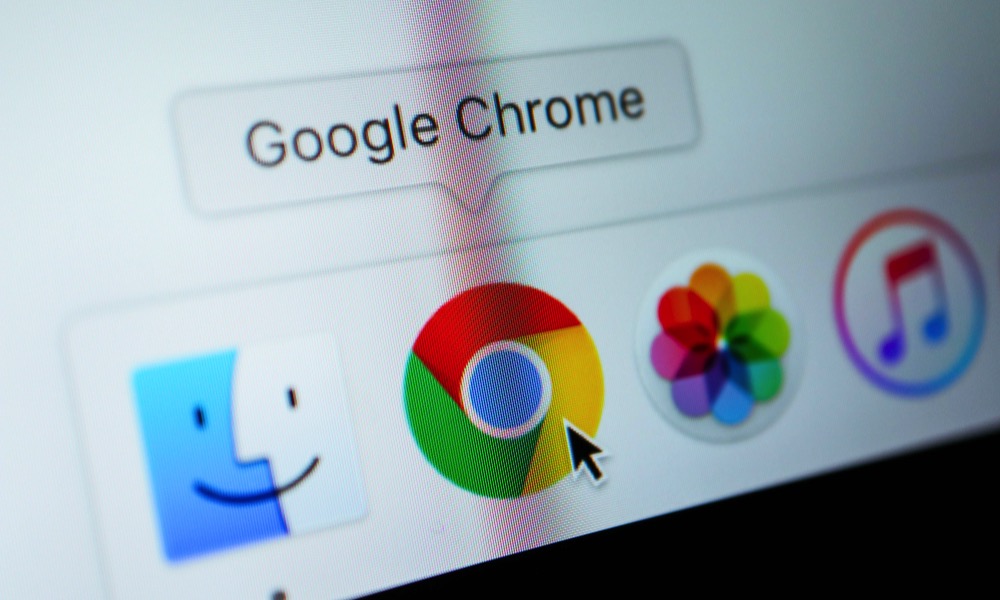You May Finally Be Able to Run Chrome on Your MacBook without Killing Your Battery
 Credit: FoxArtBox / Shutterstock
Credit: FoxArtBox / Shutterstock
Toggle Dark Mode
If there’s one edge that Apple’s own Safari browser has had for years on Apple’s MacBooks, it’s the fact that you can actually surf the web for more than a couple of hours without killing your battery.
While everything else about your choice of Mac browser is largely subjective and down to personal preference, it’s inarguable that Google’s Chrome browser has always been way harder on your MacBook battery due to its considerably less power-efficient design.
Although some of this comes down to Apple’s home field advantage — after all, it owns and controls the hardware and the operating system — the reality is that there really hasn’t been an excuse for Google Chrome to be as bad as it is on Macs, especially when you consider that other apps that rely on the same Chromium engine, including Microsoft’s Edge browser, has always done way better — even on Windows.
While Google has made some marginal improvements over the years — we can attest to the fact that it used to be even worse — it still doesn’t hold a candle to Safari when it comes to maximizing your battery performance, and in fact one of the first thoughts that came to mind when Apple released its new M1 MacBooks with their stellar battery life was the fact that maybe Chrome users actually will be able to get through half a day of use while running on battery.
Google Chrome with ‘Way More Battery Life’
The good news is that it looks like Google has finally — and this one really does deserve a “finally” — copped to the fact that Chrome has been an abject failure when it comes to power management, promising significant under-the-hood improvements in its final Chrome release of 2020.
In a new blog post announcing the release of Chrome 87, Matt Waddell, Google’s product director for the browser, claims that this latest update will offer “the largest gain in Chrome performance in years” and “way more battery life.”
According to Waddell, the changes that are beginning to roll out this week promise up to 25 percent faster startup and 7 percent faster page loading while using less RAM and power than previous versions.
In fact, by prioritizing tabs that are actually active, rather than keeping everything running in the background, Chrome 87 stands to reduce CPU usage by up to five times, thereby extending battery life by up to 1.25 hours.
What’s slightly ironic here is that this type of tab prioritization isn’t a new concept — Apple has been doing this with Safari for at least three years now, and to be fair, even Chrome has attempted it in the past, although obviously with considerably more limited success — Chrome 57 released back in 2017 did improve battery life compared to prior versions, but it still fell dramatically short of what you could get if you simply stayed with Safari on your MacBook.
Chrome with Native M1 Support
Perhaps not entirely by coincidence, Google also began pushing out a native M1 version of Chrome yesterday, which should provide even better performance on Apple’s newest Apple Silicon MacBooks and Mac mini.
While the initial rollout ran into some problems that required Google to temporarily suspend things, the Chrome team reports that it should be starting up again sometime today. Users on M1-equipped Macs should be able to choose from “Mac with Intel chip” or “Mac with Apple chip” from the standard Chrome download page.
To be clear, the Intel version of Chrome already runs well under Rosetta 2 emulation on the new M1-equipped Macs, so you don’t have to grab the “Apple chip” version if you’d rather play it safe for now, but there’s also good reason to assume that the ARM-based version will offer even better performance and battery life.
While it does seem somewhat odd that Google isn’t offering a universal binary of Chrome that runs on both platforms, we have to assume this is just to keep the code bases separate for the initial rollout and testing and that Chrome will eventually merge into a single universal app at some point in the future.






